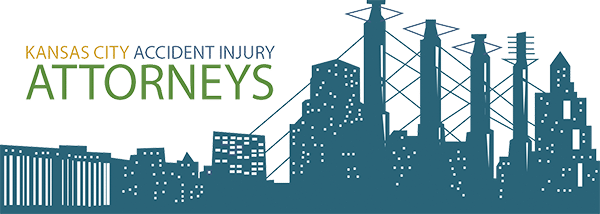Drivers Are Not Always at Fault in Pedestrian Accidents
Witnessing a pedestrian being run down by a car is a frightening experience—and being that pedestrian is obviously even more terrifying. But being the driver of a car who’s following all of the rules of the road and still hits a pedestrian can be traumatic and costly if he’s also blamed for the crash. When it comes to pedestrian car accidents, an innocent driver may need legal help to prove that he wasn’t at fault, even if the pedestrian suffered serious injuries.
Drivers Have a Responsibility to Drive Safely
Just like cars, pedestrians don’t always have the right of way. Many people assume that because a person on foot is more vulnerable than a person driving a car, she should not be blamed if she is hit and injured by a car.
However, because the driver of the car is capable of doing extreme harm, he does have a responsibility to take precautions to keep pedestrians safe. For example, when driving through a neighborhood as children are walking home from school, a driver is expected to slow down and be alert to the possibility of a child darting into the road. If he continues at the speed limit and doesn’t see a child in the road and hits her—even if the child is at fault—he could be held responsible for failing to uphold his duty of care.
When a Pedestrian May Be at Fault
In a situation where a driver is acting reasonably and a pedestrian breaks a traffic rule, the pedestrian should be held solely responsible for the crash. In these cases, the driver may be compensated by the pedestrian for any injuries he sustained or for damage to his car.
Here are some common ways pedestrians cause accidents:
- Jaywalking. When a person crosses in the middle of a road, or anywhere outside of a crosswalk, she’s breaking a traffic safety regulation. Because drivers aren’t expecting to see a pedestrian outside of a crosswalk, it’s more likely the walker will be struck by the car. In this case, the pedestrian should be determined to be at fault.
- Crossing against the light. When a crosswalk signal is flashing “Do Not Walk,” it’s because traffic crossing the walkway has a green light. If the pedestrian crosses anyway—even if she is in the crosswalk—a driver shouldn’t be held accountable for hitting her.
- Walking where prohibited. Interstate highways, on- and off-ramps to highways, causeways, and some bridges prohibit pedestrians from walking along them. When a person ignores the rule and walks along a prohibited roadway, she should be to blame if she’s hit by a car. Motorists traveling at highway speeds cannot be expected to avoid hitting a pedestrian who shouldn’t be there in the first place.
- Walking while intoxicated. While it might sound like a joke, it’s actually quite dangerous to walk around a city or town while intoxicated. When a person under the influence of drugs or alcohol steps out in front of traffic, he’s responsible for his actions the same way he would be if he was driving while intoxicated.
- Walking while distracted. Too often, pedestrians engage in multitasking and read or text while crossing an intersection. This behavior disrupts traffic patterns and puts the pedestrian at great risk, because she’s not aware of what’s happening around her on the street. If involved in an accident, she may be found at fault due to distraction—just as if she were driving a car.
There’s always the possibility that it will be determined that the driver and pedestrian both contributed to the accident and that they share blame. For example, if a person is crossing the street against the light and the driver who hits her is exceeding the speed limit, they may share fault.
Have You Been Injured In A Kansas City Area Car Accident?
If you’ve been injured in a car accident you need to speak with an experienced car accident lawyer as soon as possible. Contact us online or call our Kansas City office directly at 816-471-5111 to schedule your free consultation.

Kansas City personal injury attorney James Roswold of Kansas City Accident Injury Attorneys handles cases dealing with victims of personal injury, medical negligence, wrongful death, workers compensation, nursing home negligence, premises liability, product liability, car accident, truck accident and motorcycle accident cases.

